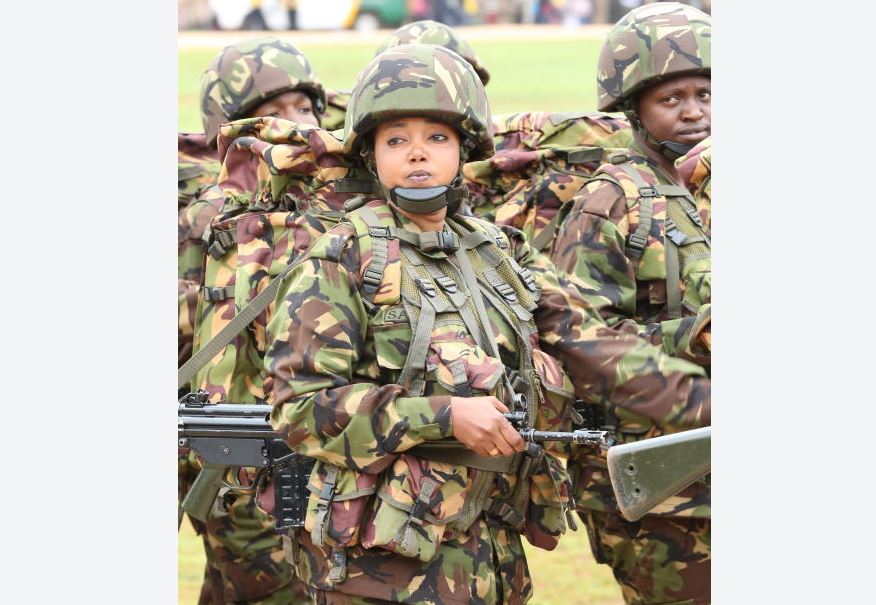×
The Standard e-Paper
Fearless, Trusted News

Kenya’s defence budget has crossed the $1 billion (Sh100 billion) mark as the country ramps up spending on military and intelligence resources.
National budget data shows expenditure has gone up by 10 per cent from Sh97 billion in 2016 to Sh107 billion this financial year.